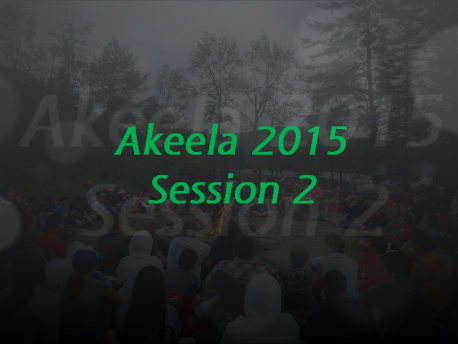This is an email we recently sent to parents of a few Akeela campers:
Hi! We hope you are well and enjoying fall.
We wanted to let you know that two concerned parents have informed us that there is a very large group text circulating among approximately 15 Akeela campers that contains some inappropriate comments – some of which are directed at other campers. Your child’s name was mentioned as someone who is a participant. We understand that kids have a great deal of access to electronics and that it is sometimes hard to manage – especially when they are older. However, we would like to offer the following suggestions:
1.) Please remind your camper that he/she signed a behavioral contract before he/she came to camp and that we expect those boundaries to continue to be upheld throughout the year – especially when other Akeela campers are involved.
2.) Talk to your child about the dangers of inappropriate content on the internet or by text and the consequences that are often associated when a child is the disseminator of that content (i.e. suspension or expulsion from school, consequences at home, police involvement if any child feels threatened or bullied.)
3.) You may want to check your child’s phone and text history and monitor the use of electronic devices until you feel confident that your child is responsibly texting.
4.) You may want to remove your child from this “Text chain”.
Please let us know if you have any further questions. We have not read the text thread and were not given a great deal of information but wanted to share what we did know with you so you can talk to your child individually.
Best,
Debbie & Eric
There’s no question that we live in challenging times. When we were kids, our distractions were books, television and the phone (attached to a cord in the kitchen!) These days, children not only have TV, they also have screens EVERYWHERE: phones, computers, tablets … and they are all portable. Our campers are typically very “tech savvy” and are drawn to electronics. Video games are an escape of choice and campers often tell us that’s how they choose to unwind. However, just because our campers enjoy screen time and might even benefit from some of the more social games they play, it does not mean that they don’t need to be closely monitored.
Our campers often struggle with social nuances – that’s why they are choosing Akeela for their summer camp. These challenges carry over to online settings, where it can be equally hard to understand appropriate social boundaries. Unfortunately, because their comments and behaviors are online, they have more permanence and can carry more weight. More and more frequently, schools and law enforcement agencies are holding young people accountable for their online conduct. We have had many conversations about such incidents with campers after receiving calls from concerned parents. We believe it is important to discuss specific expectations with your children about the use and content of texting, social media and emails – and to regularly check phones and email accounts to monitor their use. While we know that our campers always have the best intentions in mind, sometimes they need our guidance to communicate appropriately and effectively.






 Check out
Check out